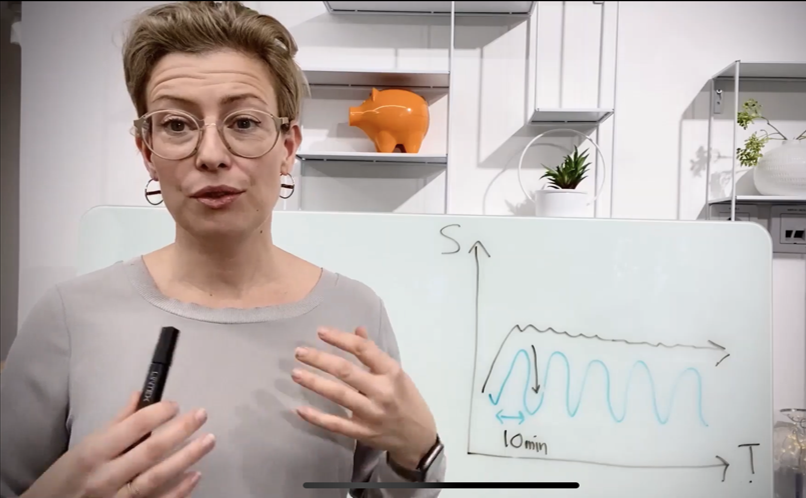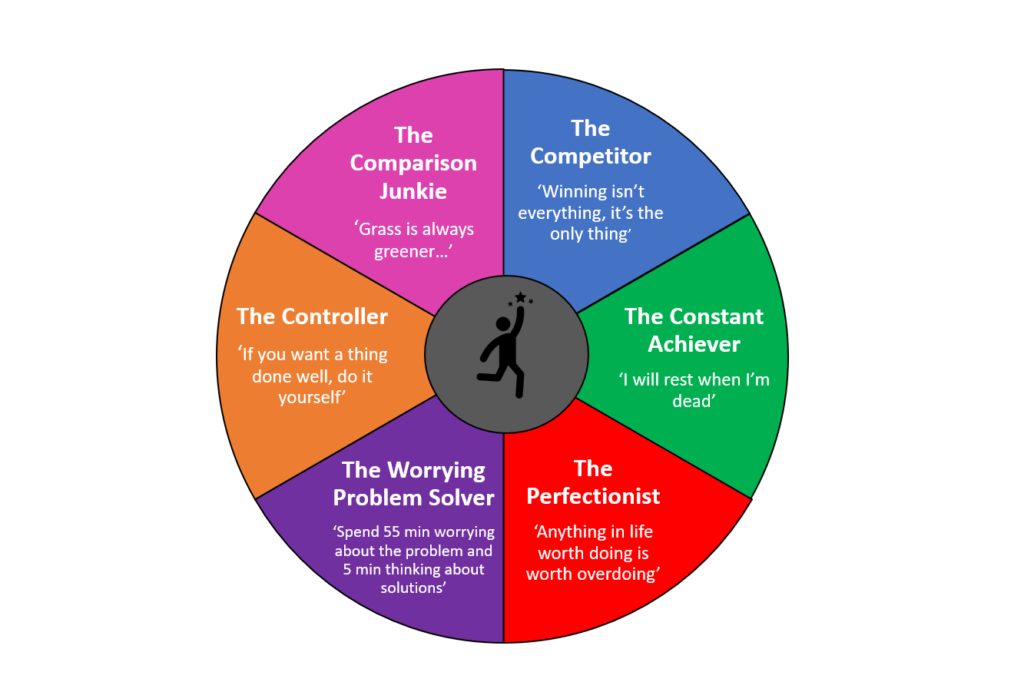
Prestationsdetox – konsten att prestera hållbart
Kostnadsfritt lunchwebbinarium – registera dig nedan!
Vi drillas från barnsben till att åstadkomma, klättra, prestera och aldrig ge upp. Förmågor som kan ta oss långt. Men vad händer när prestationsbehovet börjar skada relationer, hälsan och på sikt resultaten? Kan vi förebygga stressrelaterad ohälsa genom att förändra våra prestationsmönster?
Coachen och ledarutvecklaren Emma Vallin berättar om sin egen resa från prestationsberoende marknadsdirektör genom ett experiment hon kallar sin Prestationsdetox, till att idag hjälpa individer och organisation utveckla hållbart ledarskap. Det serveras praktiska verktyg och en hel del igenkänning.
VEM ÄR DET FÖR?
-
- Alla som är intresserade av självledarskap och personlig utveckling.
- De som upplever ett prestationsbehov som påverkar hälsa, relationer eller gränsdragning.
- Chefer och företagsledare som vill förstå och hjälpa sina högpresterande medarbetare att hålla i längden.
VAD DU FÅR MED DIG:
-
- Kunskap om prestation och negativ stress
- Möjlighet att reflektera kring dina egna prestationsmönster
- Verktyg och tips för att du eller dina medarbetare ska prestera hållbart
- Berättelsen om Emmas Prestationsdetox med risk för igenkänning och några skratt
VAD TIDIGARE DELTAGARE SÄGER:
’Alla borde se över sitt eget presterande och förhållningssätt till jobb och måsten i livet. Väldigt intressant! ’
’Emmas berättelse är personlig och berör. Den ger hög igenkänning och bjuder på skratt och intressanta reflektioner’
’En på samma gång sårbar och humoristisk föreläsning. Mycket tankeväckande och den gav mersmak.’
anmälan
[contact-form to=”kontakt@emmavallin.se” subject=”webbinarum 6 maj”][contact-field label=”Namn” type=”name” required=”1″][contact-field label=”E-post” type=”email” required=”1″][contact-field label=”Jag vill gärna delta på webbinariet 6 maj 12:00″ type=”checkbox” required=”1″][contact-field label=”Ja tack, håll mig uppdaterad kring kommande events och erbjudanden” type=”checkbox”][/contact-form]



